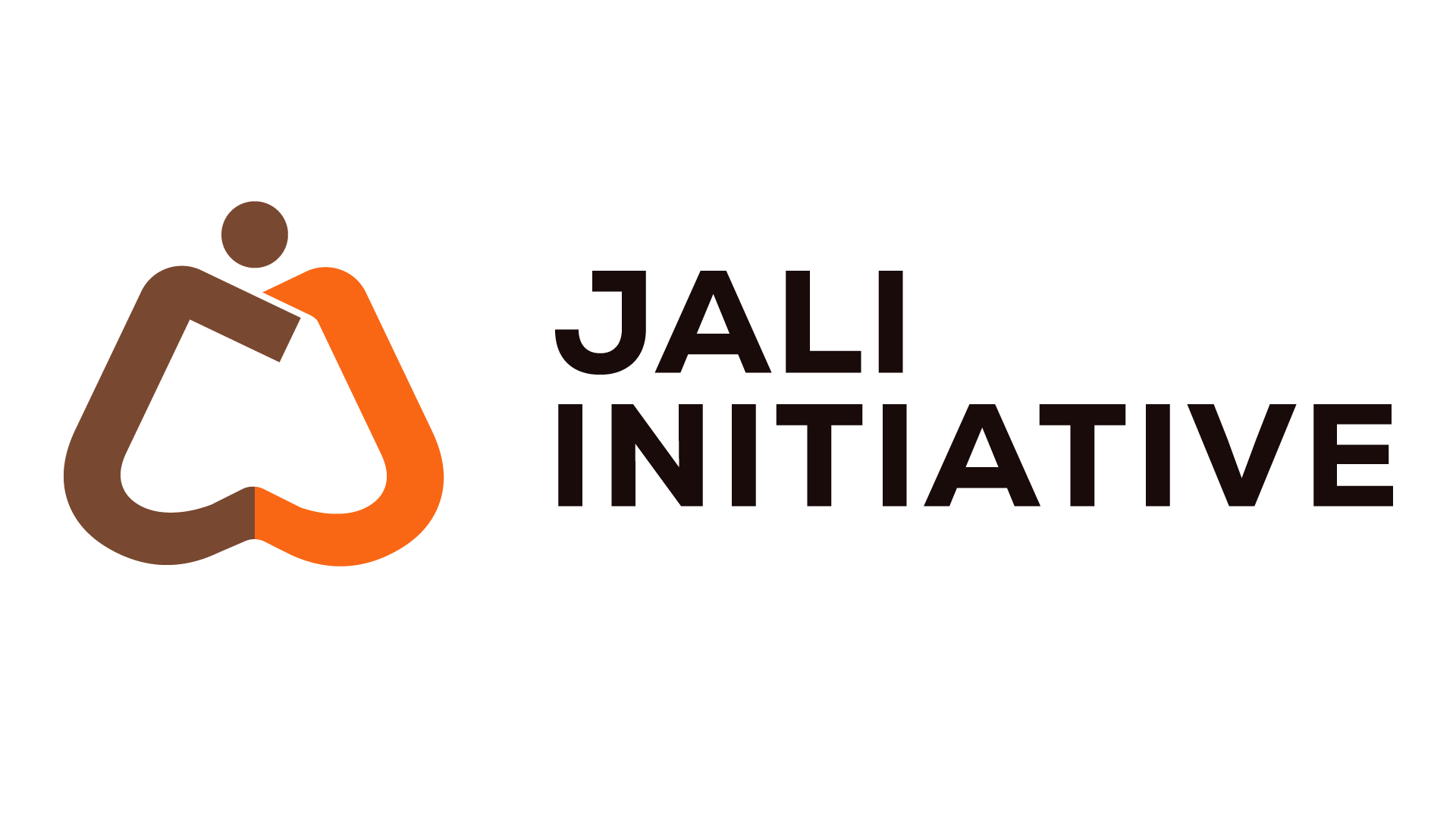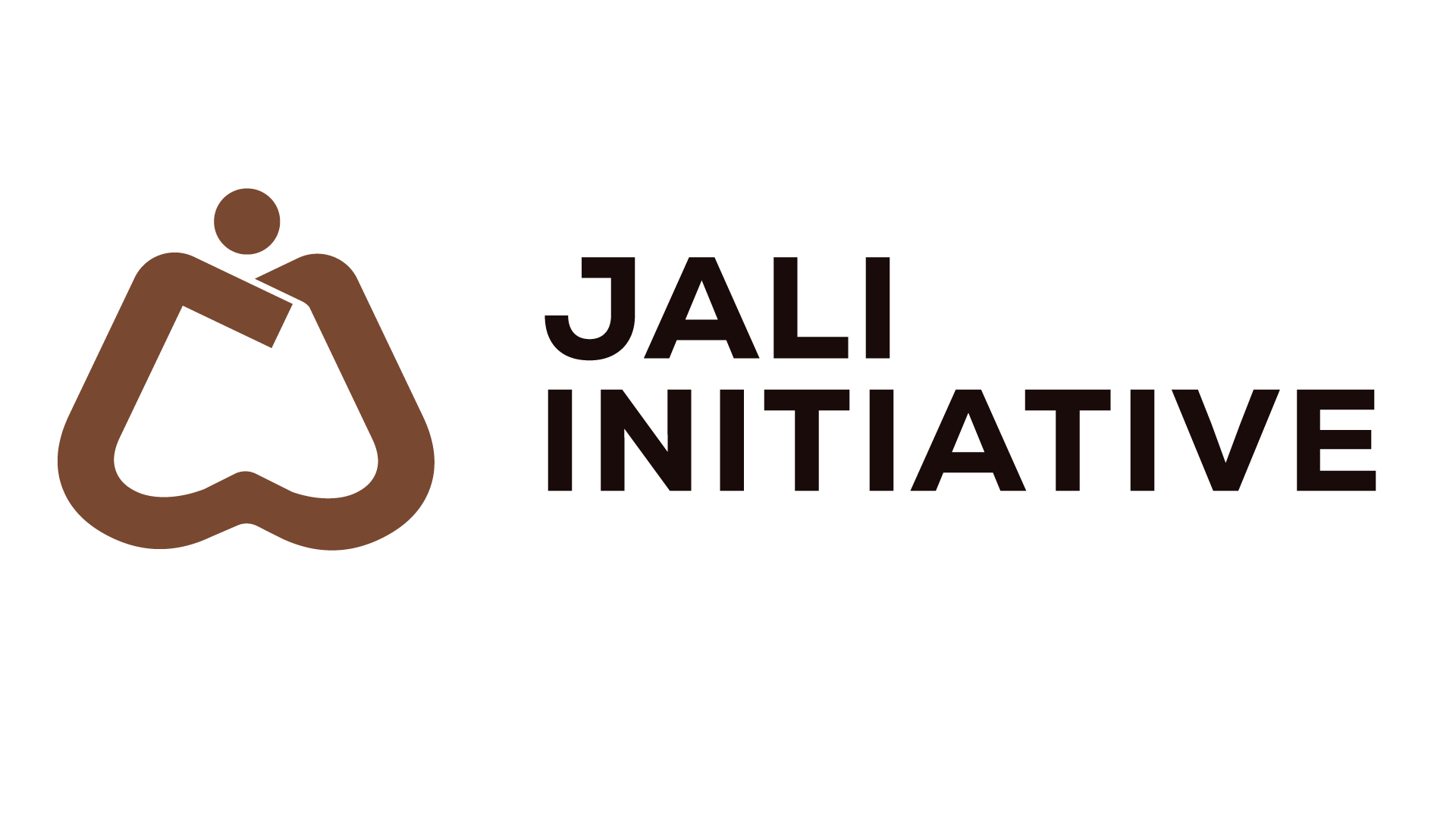STRENGTHENING REPRODUCTIVE HEALTH EDUCATION
Reproductive health education is a crucial component of promoting the well-being of young people in Tanzania. Strengthening Reproductive Health Education (SRHE) is an imperative step toward ensuring that adolescents have access to accurate information, health services, and support to make informed decisions about their sexual and reproductive health. In this blog post, we will delve into the significance of SRHE in Tanzania and the positive impact it can have on the nation’s youth.
Understanding the Need
- Early Pregnancy and Childbirth: Tanzania has one of the highest adolescent pregnancy rates in the world. SRHE is essential to empower young people with the knowledge and skills needed to prevent early pregnancies and reduce maternal mortality.
- HIV/AIDS Prevention: Tanzania faces a significant HIV/AIDS burden, and young people are disproportionately affected. SRHE can play a crucial role in educating youth about safe sexual practices and HIV prevention.
- Gender Equity: SRHE can challenge traditional gender norms and promote gender equality, empowering both young women and men to make informed decisions about their bodies and relationships.
- Education: Early pregnancies often lead to school dropouts among young girls. SRHE can help girls stay in school by providing them with the information and resources they need to avoid unplanned pregnancies
Key components of SRHE
- Comprehensive Curriculum: Implement a comprehensive SRHE curriculum in schools that covers topics such as puberty, contraception, sexually transmitted infections (STIs), consent, and healthy relationships. The curriculum should be age-appropriate and culturally sensitive.
- Access to Services: Ensure that young people have access to sexual and reproductive health services, including contraception and STI testing and treatment. Establish youth-friendly clinics and information centers to make services more accessible.
- Teacher Training: Train educators to deliver SRHE effectively, creating a safe and non-judgmental environment for discussions about sexual and reproductive health.
- Community Involvement: Engage parents, caregivers, and community leaders in discussions about SRHE to build support for comprehensive education and break down stigma.
- Youth Engagement: Encourage youth participation in the development and implementation of SRHE programs. Young people should have a voice in shaping the content and delivery of education.
Challenges and Opportunities
While SRHE in Tanzania is crucial, it faces challenges such as cultural and religious resistance, limited resources, and insufficient trained educators. However, these challenges can be addressed through partnerships with NGOs, government commitment, and advocacy efforts.
Strengthening Reproductive Health Education in Tanzania is not just about providing information; it’s about empowering young people to make informed decisions about their health and well-being. By investing in comprehensive SRHE programs, Tanzania can break the cycle of early pregnancies, improve gender equality, reduce the spread of HIV/AIDS, and support the overall development of its youth. A healthier and more empowered youth population will contribute to a brighter future for Tanzania.


